Reception: Communication and Language
Reception: Communication and Language
PDF File - no shipping
Couldn't load pickup availability
How can communication and language skills in EYFS be encouraged?
Encouraging communication and language skills in Early Years Foundation Stage (EYFS) is crucial for children's overall development. To promote these skills, it is important to provide children with various resources that support communication, such as different themed areas in nurseries that spark conversations and engagement. All interactions and activities in EYFS play a role in shaping children's speech and language abilities, so it is essential to create an environment where children feel confident communicating with peers and practitioners.
For children with Special Educational Needs and Disabilities (SEND) or those with English as an Additional Language (EAL), alternative methods of communication should be offered, not necessarily reliant on verbal communication. Utilizing resources like choosing cards or visual aids can help children express themselves effectively.
Patience is key when interacting with children as they navigate communication challenges. Providing them with ample time to express themselves and refraining from correcting their pronunciation mistakes can boost their confidence and language development. Acknowledging and supporting each child's individual developmental milestones is crucial in fostering effective communication skills in EYFS.
What tips do you have to encourage communication skills in nursery settings?
Hands-On Education emphasize the importance of providing children in EYFS with ample opportunities to explore resources that support their communication skills. It suggests that nurseries should offer various provision areas aligned with different themes and topics to engage children in conversations about their interests. The text also highlights the significance of supporting all children, including those with special educational needs or English as an additional language, in feeling confident while communicating with practitioners and peers. Additionally, it suggests using non-verbal communication tools like choosing cards to help children express themselves. The excerpt stresses the importance of being patient and not correcting children if they mispronounce words, but rather repeating the correct pronunciation back to them.
Share




Collections for Key Stage 1
-
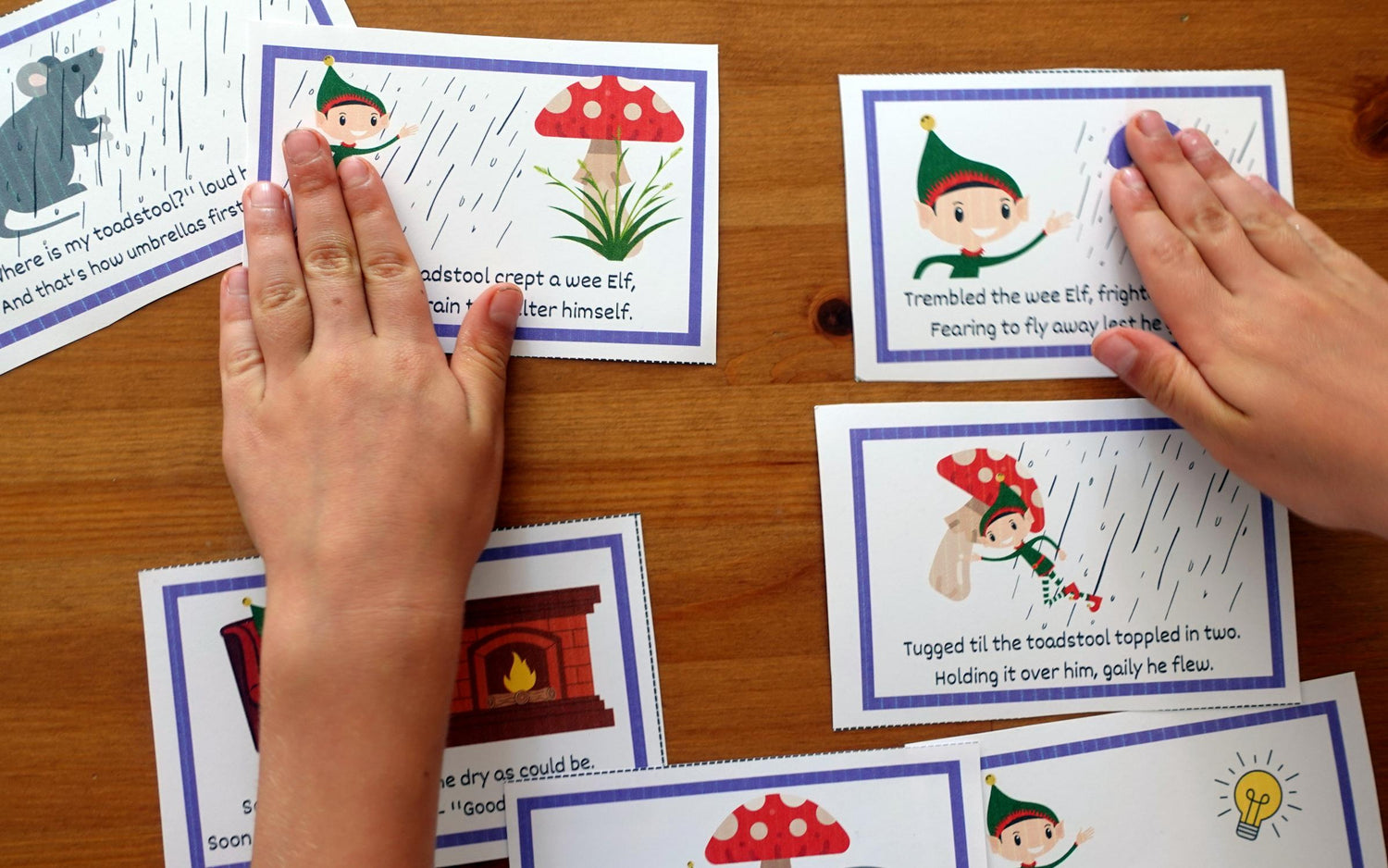
KS1 English Topics
Are you a primary school teacher or a homeschool parent looking for...
-
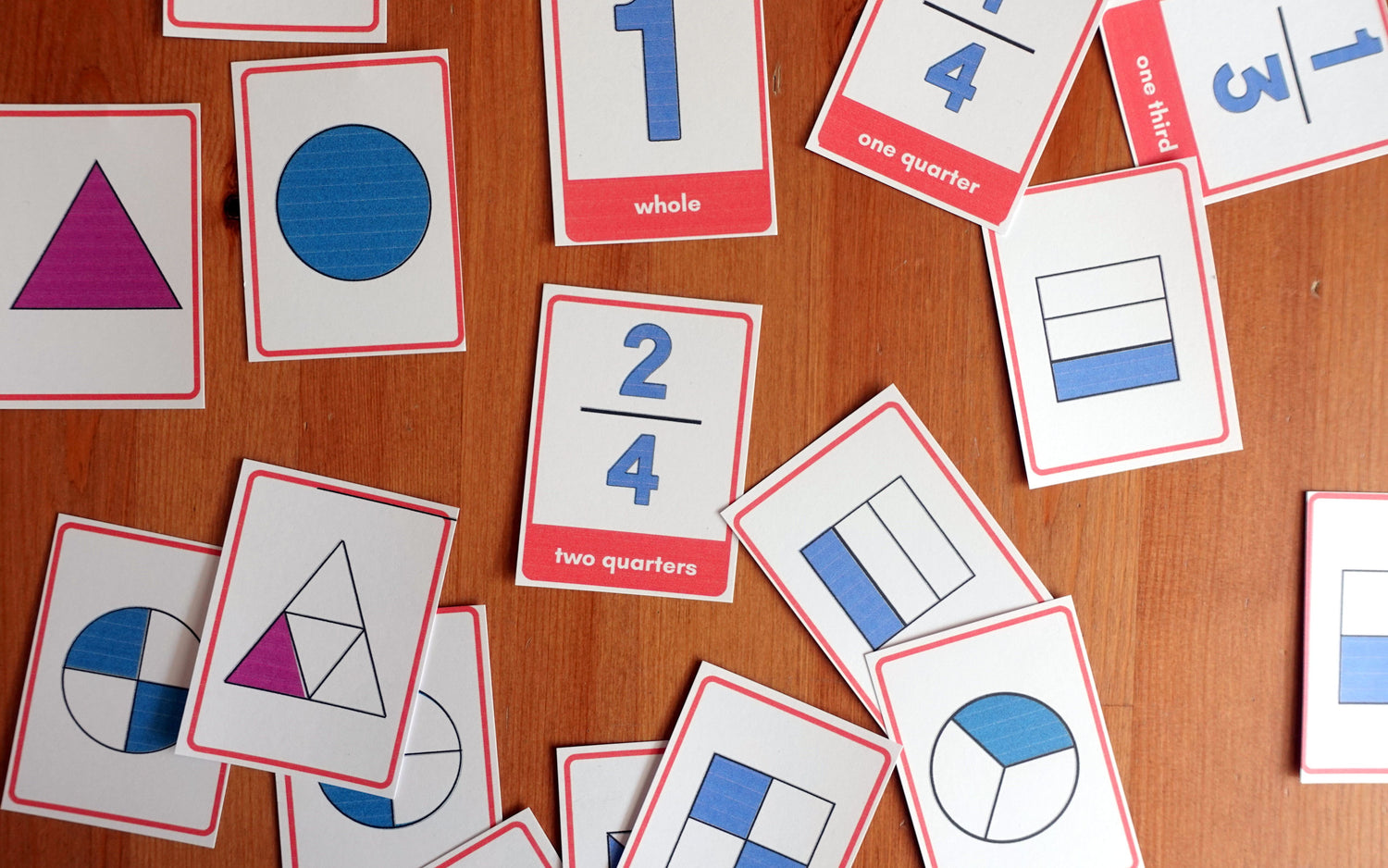
KS1 Maths Topics
Mathematics is an essential subject that forms the backbone of our daily...
-
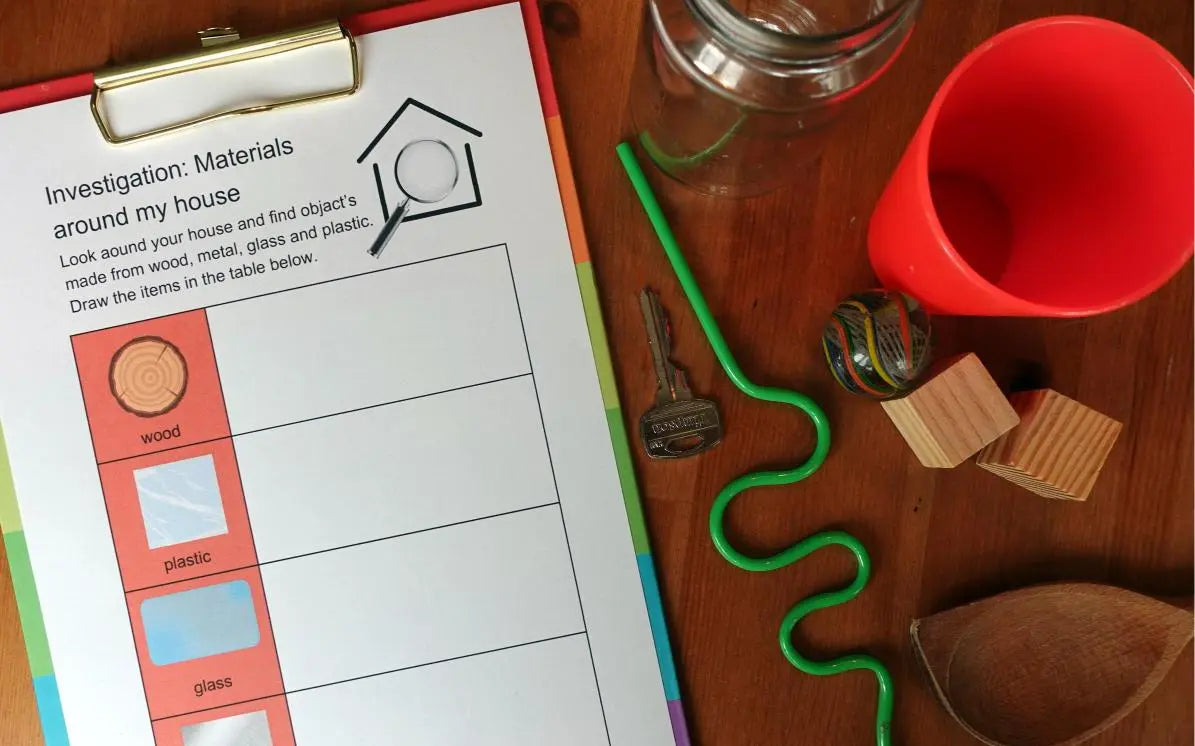
KS1 Science Topics
Our key stage 1 science topics are equipped with comprehensive lesson plans,...
-
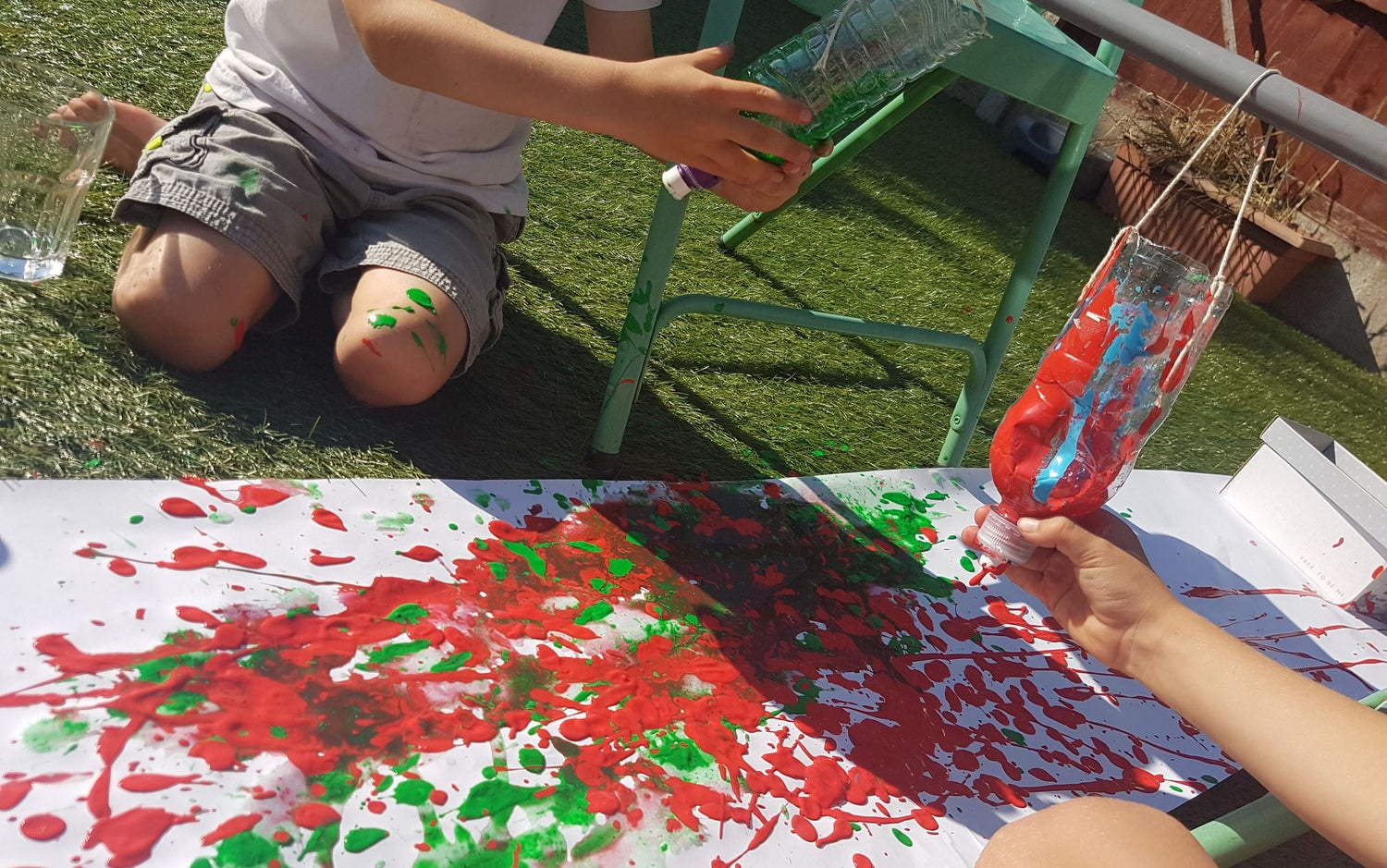
KS1 Art & Design Topics
Art is an integral part of the KS1 curriculum and can help...
-
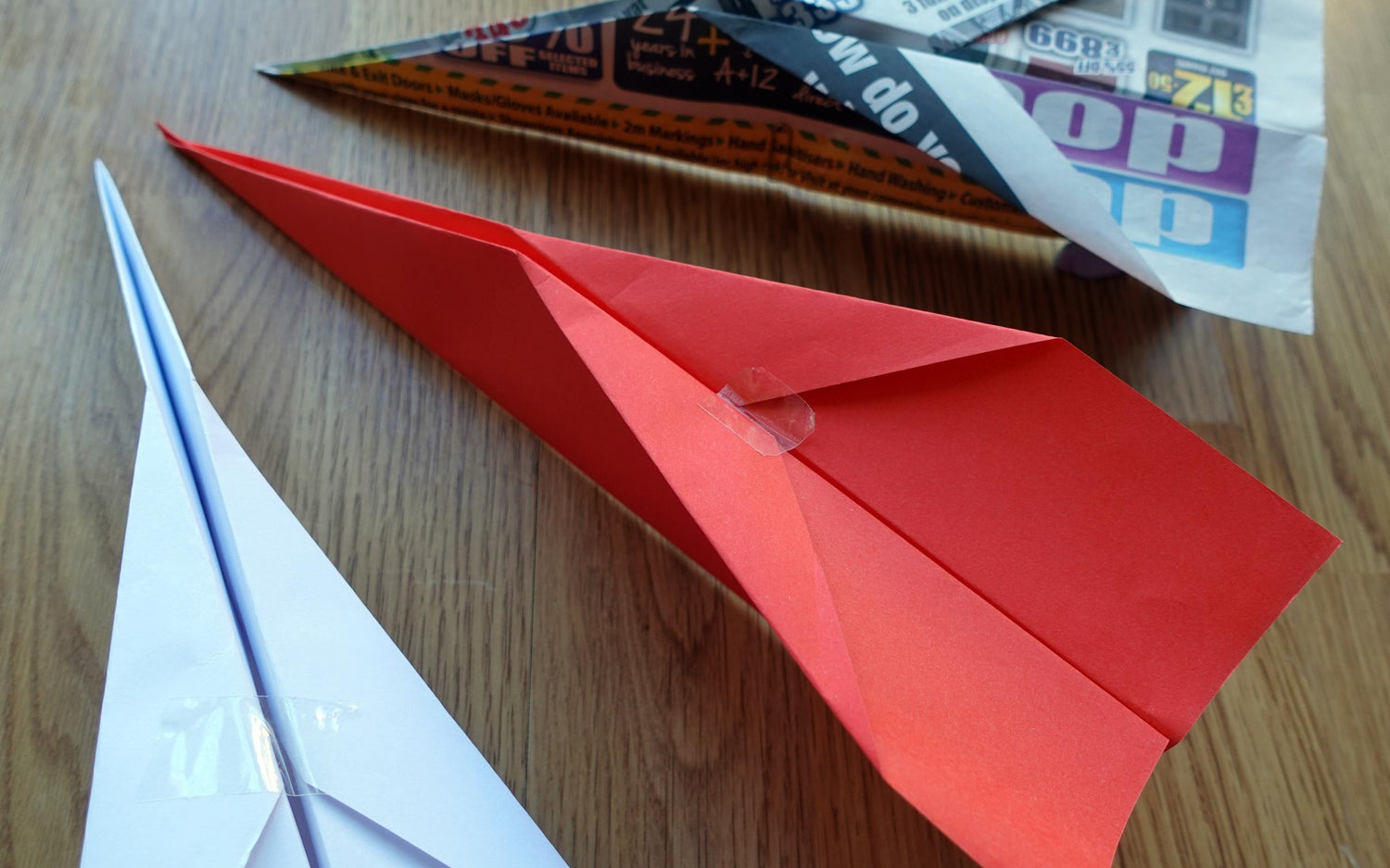
KS1 Design & Technology Topics
Welcome to Hands-On Education, your go-to source for fun and informative resources...
-
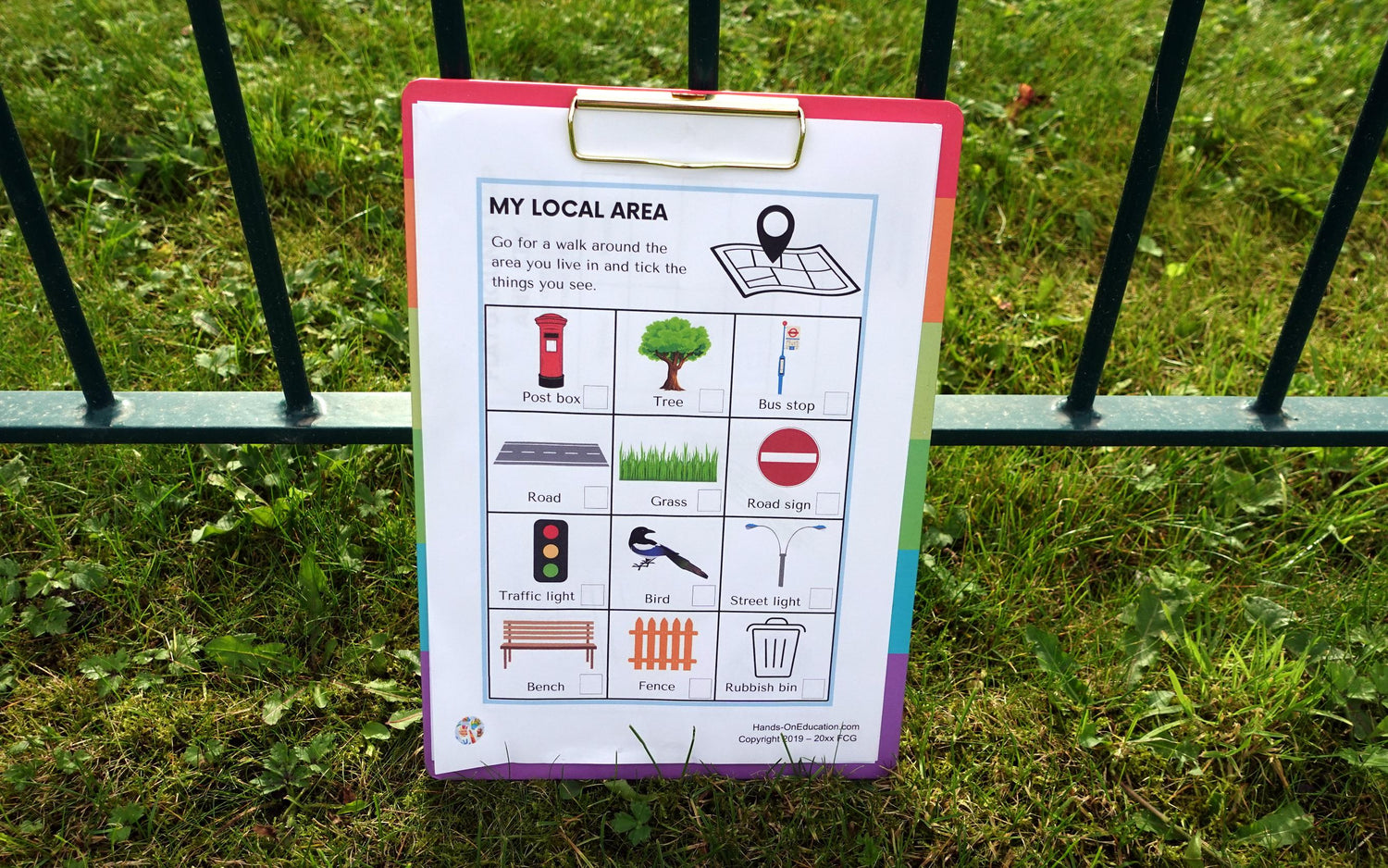
KS1 Geography Topics
Welcome to Hands-On Education, your hub of information for primary school teachers...
-

KS1 History Topics
Welcome to Hands-On Education, your go-to hub of information for primary school...
-
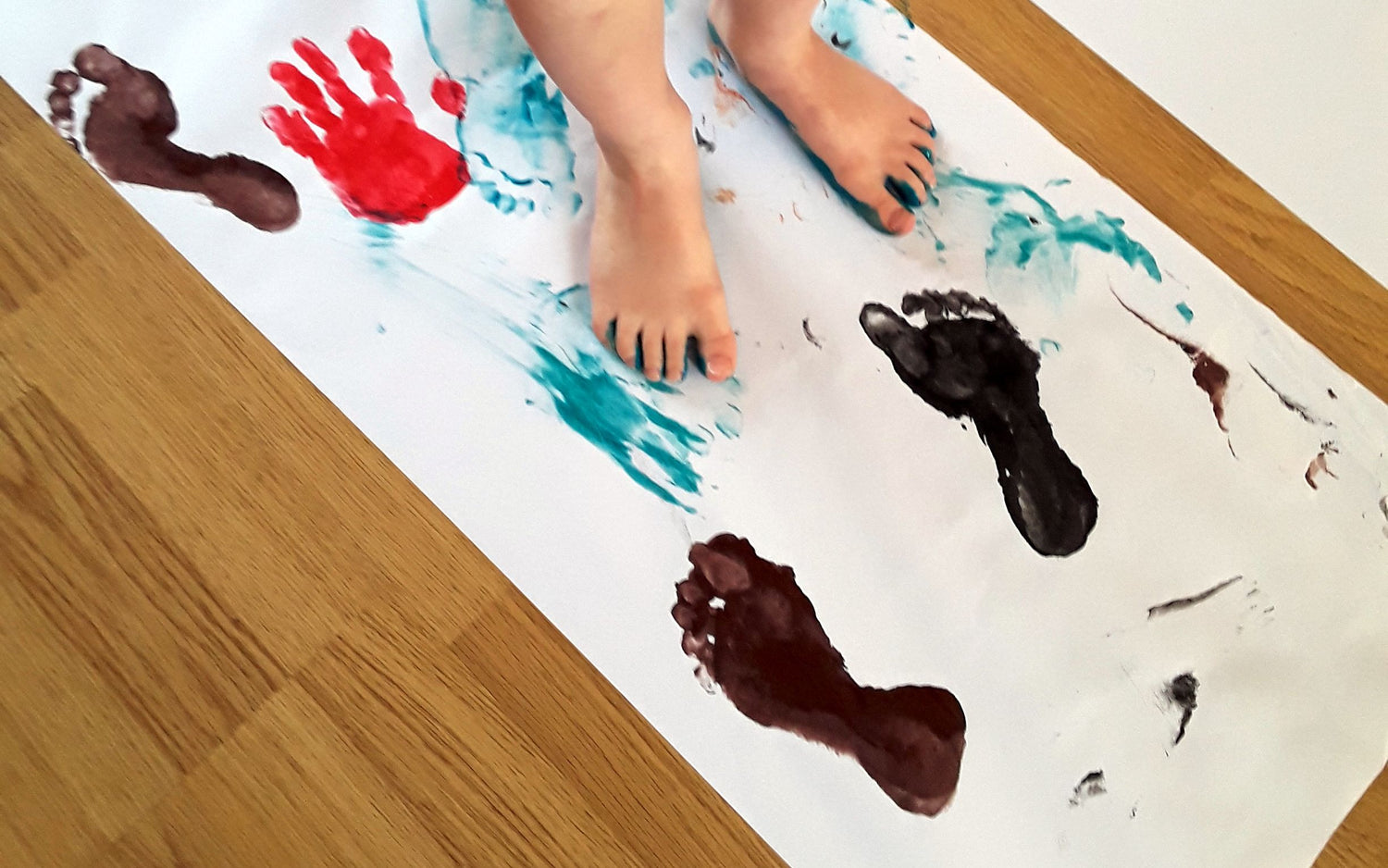
KS1 P.E Topics
Welcome to Hands-On Education! As educators, we understand the importance of providing...
Collections for Key Stage 2
-
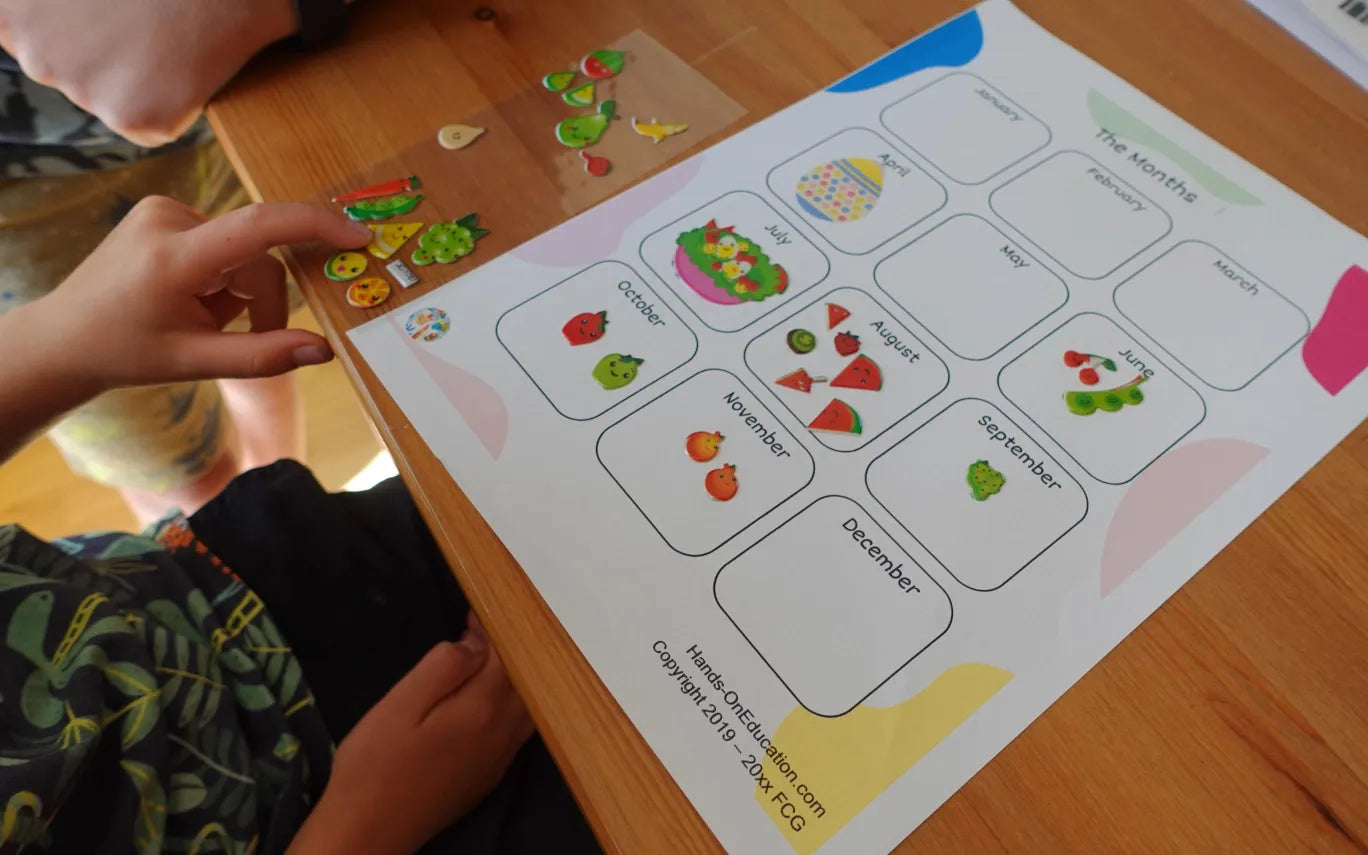
KS2 English Topics
ALL ABOUT OUR ACTIVITIES HUB Welcome to Hands-On Education, your go-to hub...
-
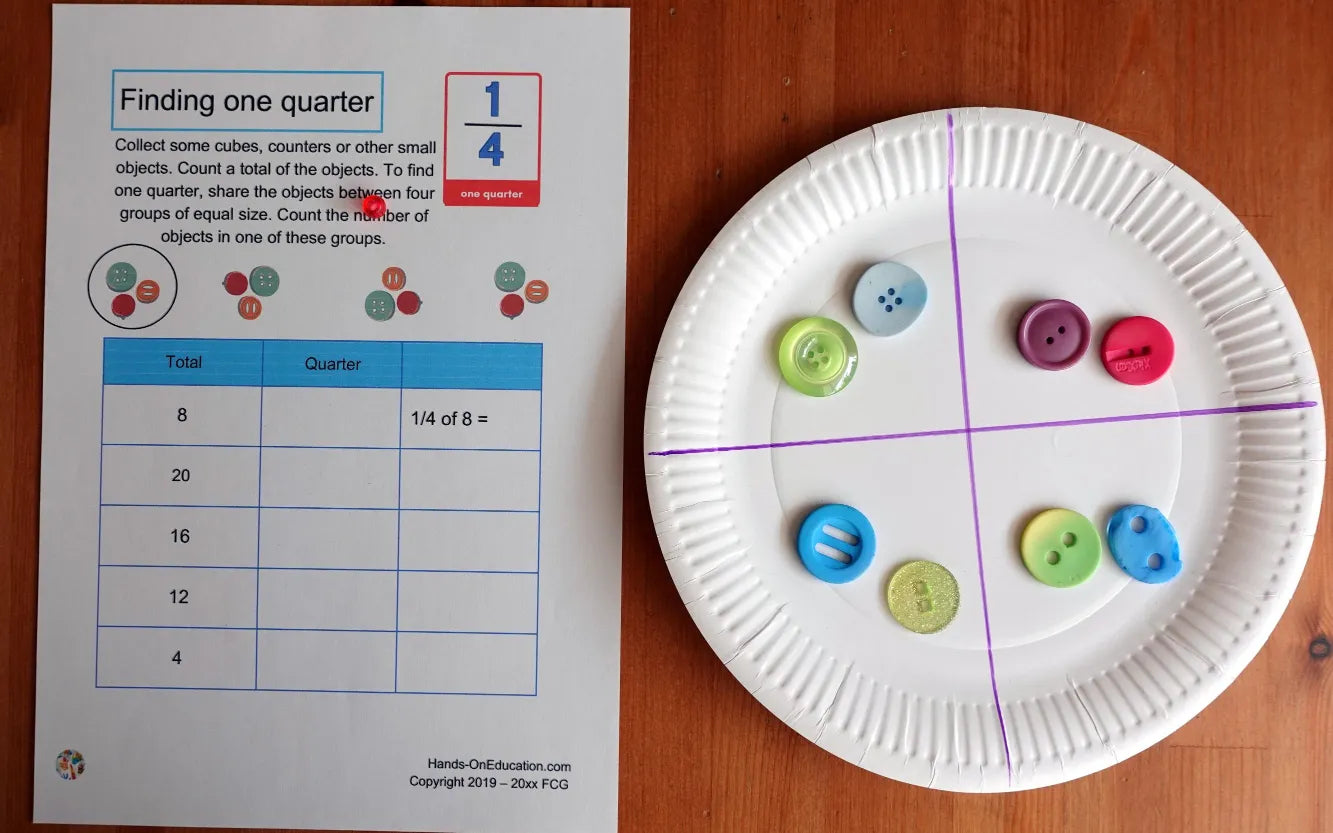
KS2 Maths Topics
Welcome to Hands-On Education, your go-to hub for primary school teachers and...
-

KS2 Science Topics
Enhancing Primary-Level Science Education with Comprehensive Resources Looking for ways to educate...
-

KS2 Art & Design Topics
Welcome to Hands-On Education, your go-to hub for primary school teachers and...
-
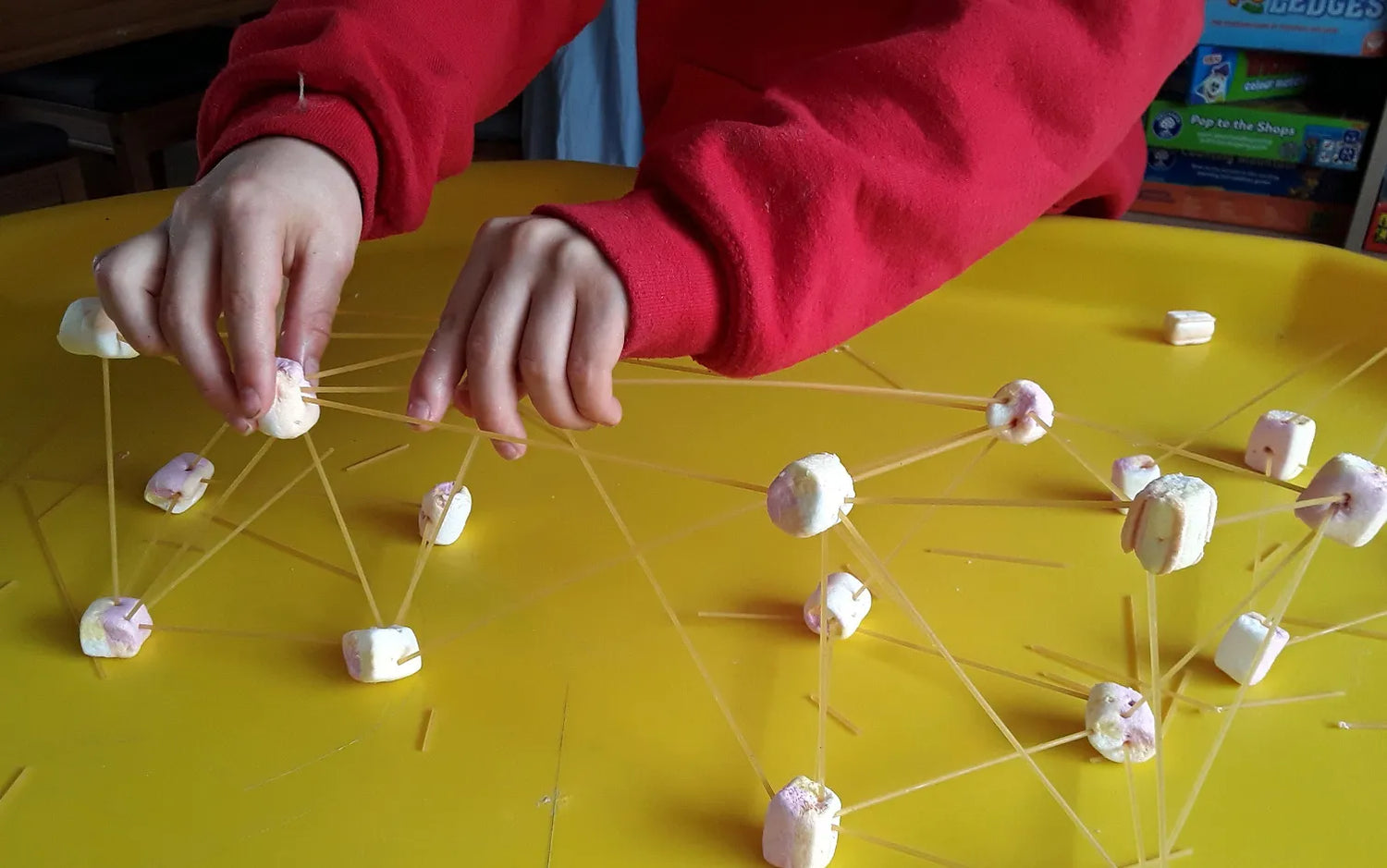
KS2 Design & Technology Topics
Welcome to Hands-On Education, your go-to hub for primary school teachers and...
-
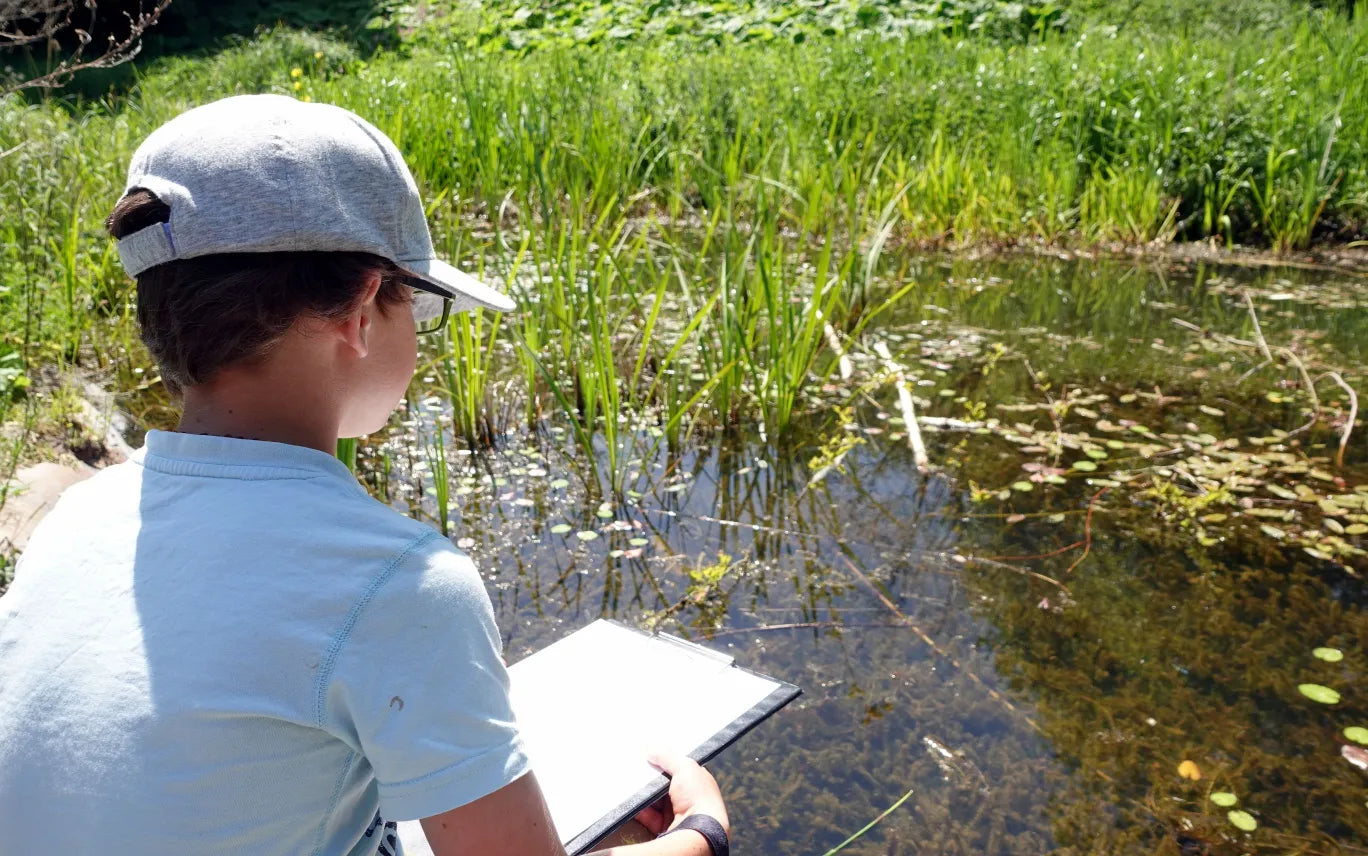
KS2 Geography Topics
Welcome to Hands-On Education, your go-to hub for primary school teachers and...
-

KS2 History Topics
Welcome to Hands-On Education, your go-to hub for primary school teachers and...
-
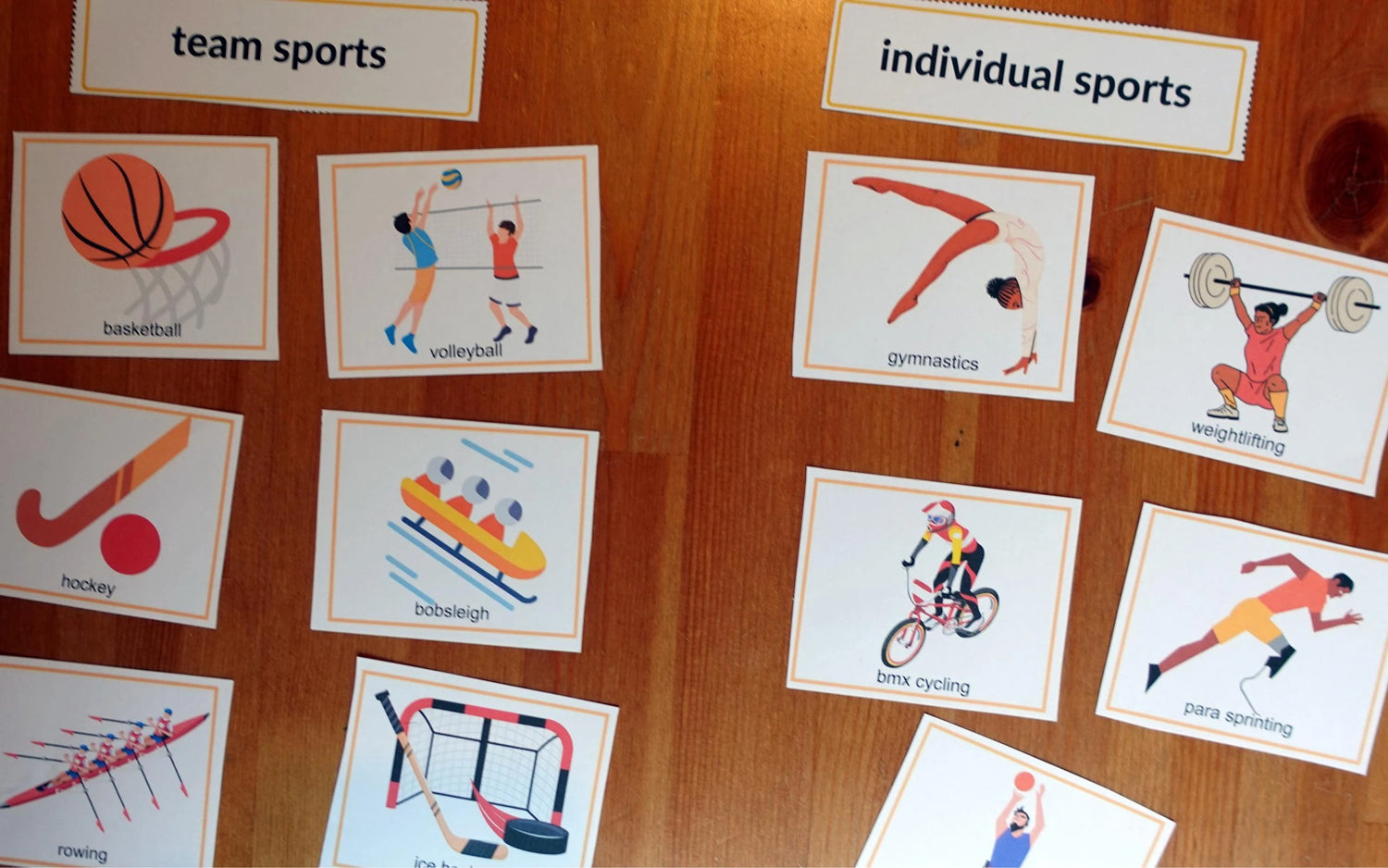
KS2 P.E Topics
Physical Education is an indispensable part of primary school curriculum's, and it's...
Keep Exploring
-
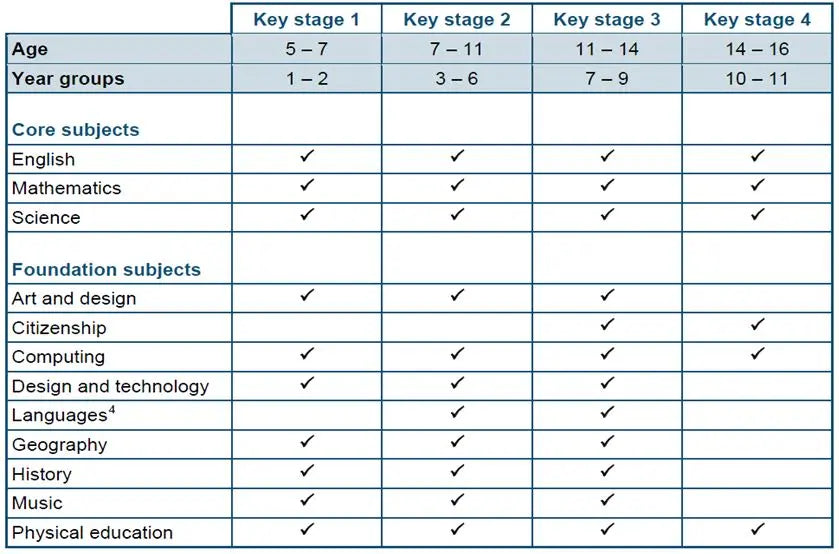
National Curriculum of England
National Curriculum GuideComplete coverage for the following subjects:
- English
- Mathematics
- Science
- Geography
- History
- Design and Technology
- Art and Design
- Music
- P.E (excluding swimming)
-
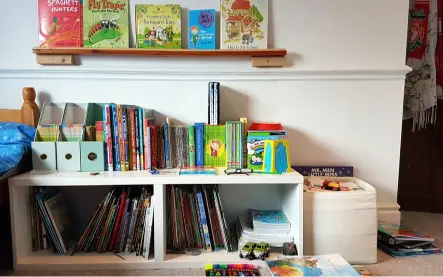
Discover our completely independent favourites!
Reading ListsAll of these children's books are perfect for your little one's reading list or read-aloud favourite. Jeanie (the creator of Hands-On Education) has either purchased or borrowed from the library all of the recommended kids literature below. She hopes these books are as inspiring to you in your learning / teaching journey as it has been in her household.
-
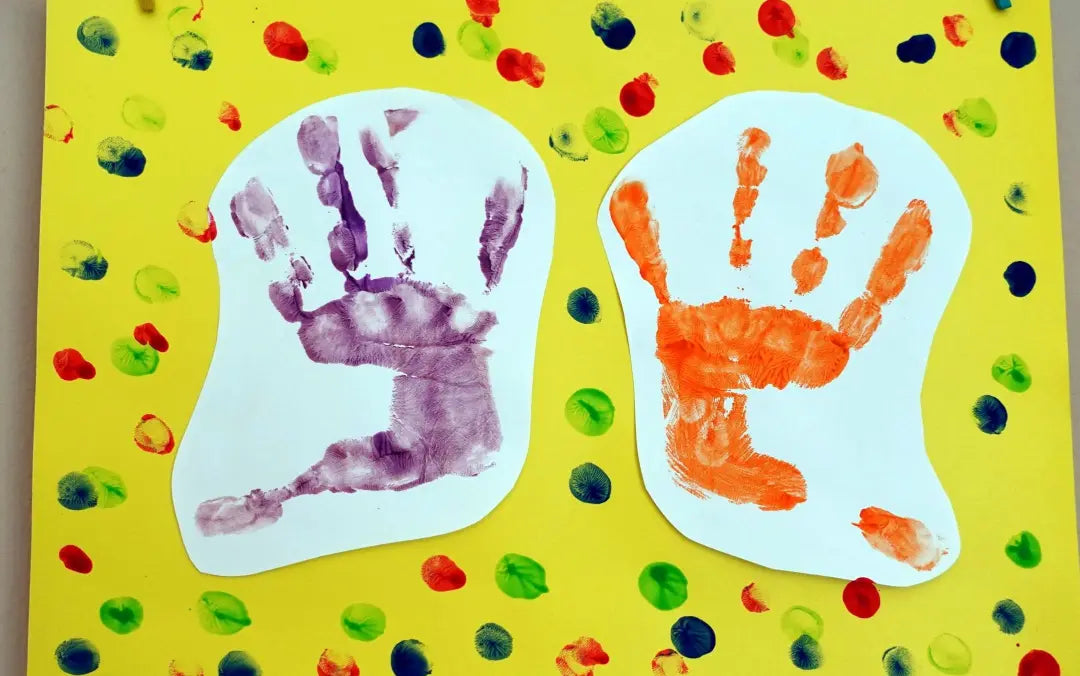
Free Reception Activities
Reception ActivitiesWatch your child thrive with these fun early learning goals based activities.
We cover:
- Communication & Language
- Expressive Arts & Design
- Literacy
- Maths
- Personal, Social & Emotional Development
- Physical Development
- Understanding the World























